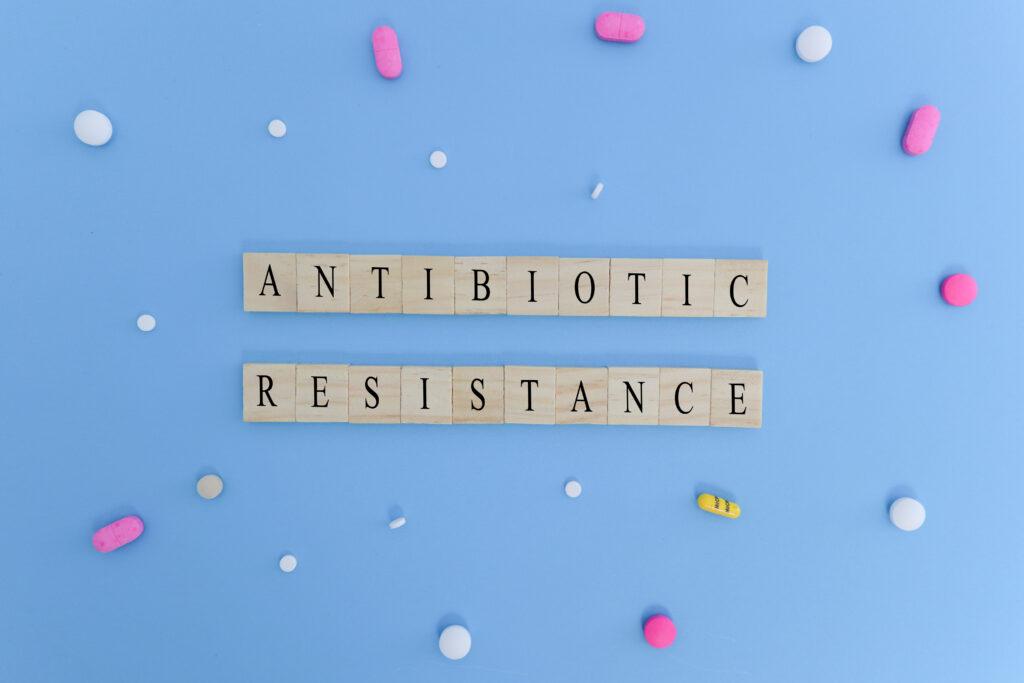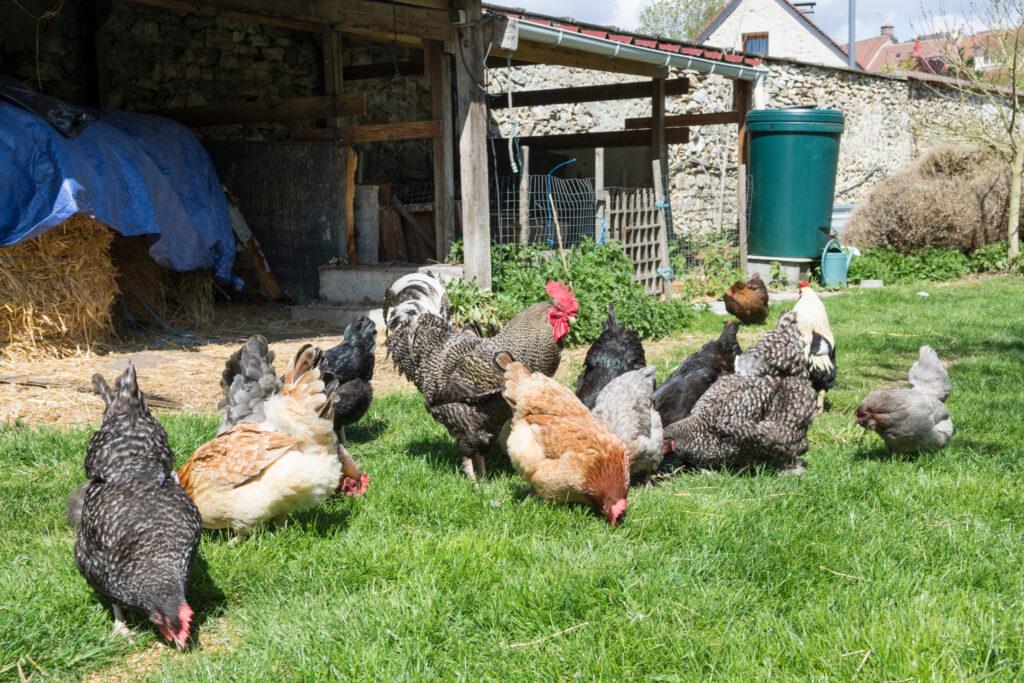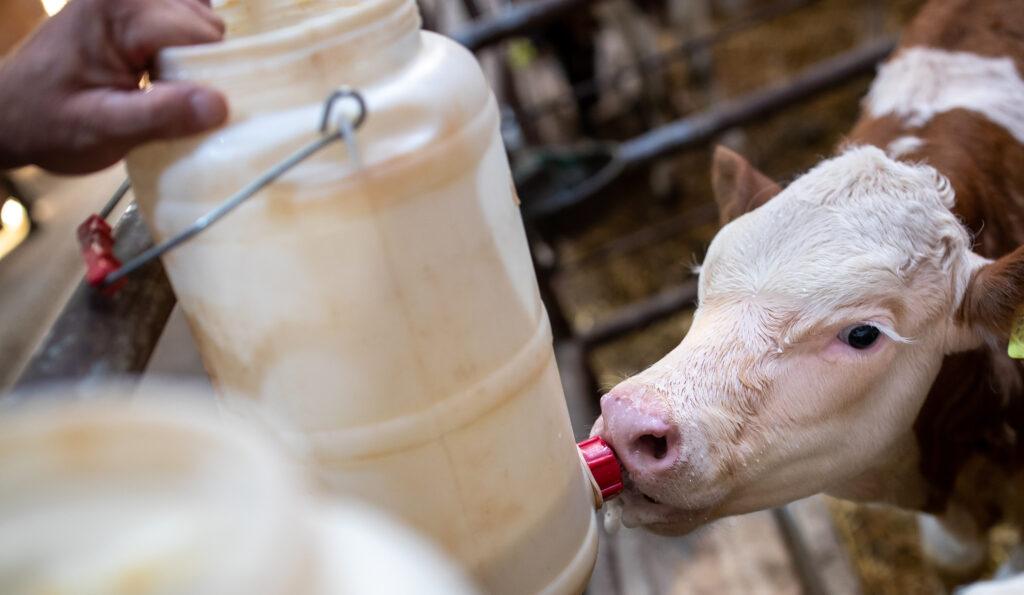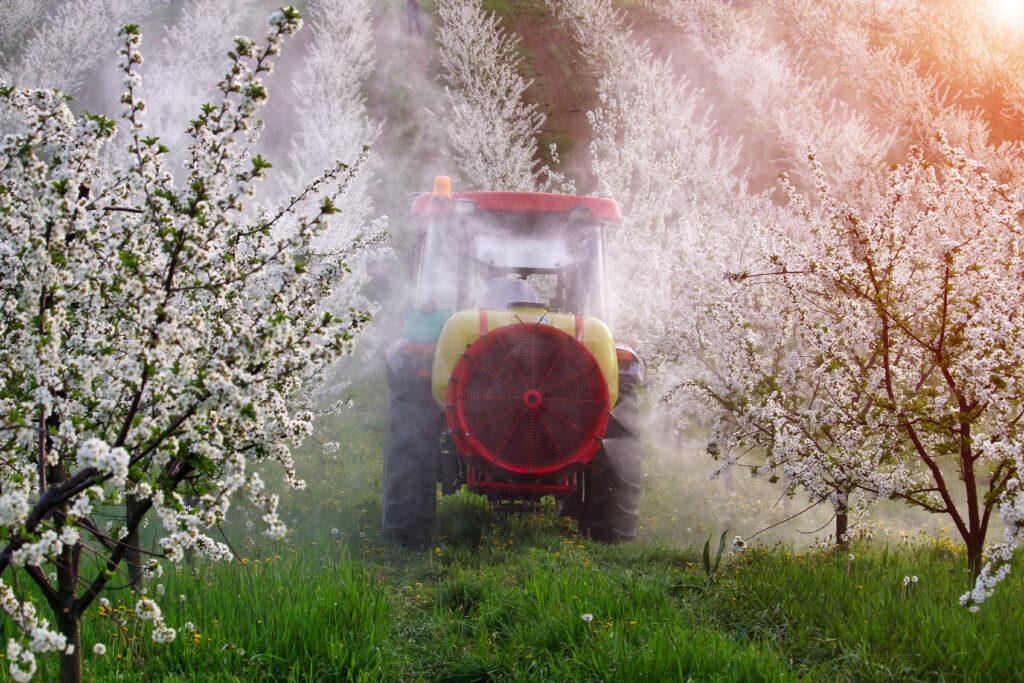Balantioides coli Fecal Excretion in Hunted Wild Cervids from Portugal

Balantioides coli is a zoonotic enteric parasite of worldwide distribution that can cause mild to life-threatening diseases in humans and animals. An article published in 2022 presented the results of a study on the occurrence of Balantioides coli in wild cervids in Portugal, Europe.
Methods to stop antimicrobial resistance

Antibiotic-resistant bacteria have been a growing problem due to the overuse of antibiotics in human health and agriculture and inadequate infection prevention and control.
Bacteria-killing, biodegradable food packaging material
Antibacterial, biodegradable packaging has been developed by researchers in Singapore that could replace plastic packaging materials.
Occurrence of toxic metals and metalloids in muscle and liver of Italian heavy pigs

A study has investigated whether the consumption of products made from Italian heavy pigs could pose a health risk to consumers in terms of contamination with certain toxic metals and metalloids.
High levels of lead found in backyard eggs

The number of hens kept in urban backyards is rising. The growing popularity of the trend has been spurred on by local food movements, inspiring people to produce their own food.
Feeding waste milk containing antimicrobial residues to calves

One of the greatest challenges of our time, antimicrobial resistance, threatens not only human but also animal health.
New theory about spread of antibiotic resistance
Pathogenic bacteria in humans are developing resistance to antibiotics much faster than expected. A new computational research shows that one reason could be significant genetic transfer between bacteria in our ecosystems and to humans.
Rise in the production of pesticide counterfeit
Operation Silver Axe is carried out annually to identify and seize illegal pesticides. The 2022 operation concluded on the increasing number of frauds.
Increasing presence of hazardous pesticides on fruits and vegetables

The study of Pesticide Action Network (PAN) Europe shows a dramatic rise in the most toxic pesticides found on fruits and vegetables sold in Europe and evidence that governments are failing their legal obligations.
Spread of Burkholderia pseudomallei

The bacterium has caused outbreaks in the US in recent years. Because of climate change, we should expect it to appear in Europe and in Hungary sooner or later.
